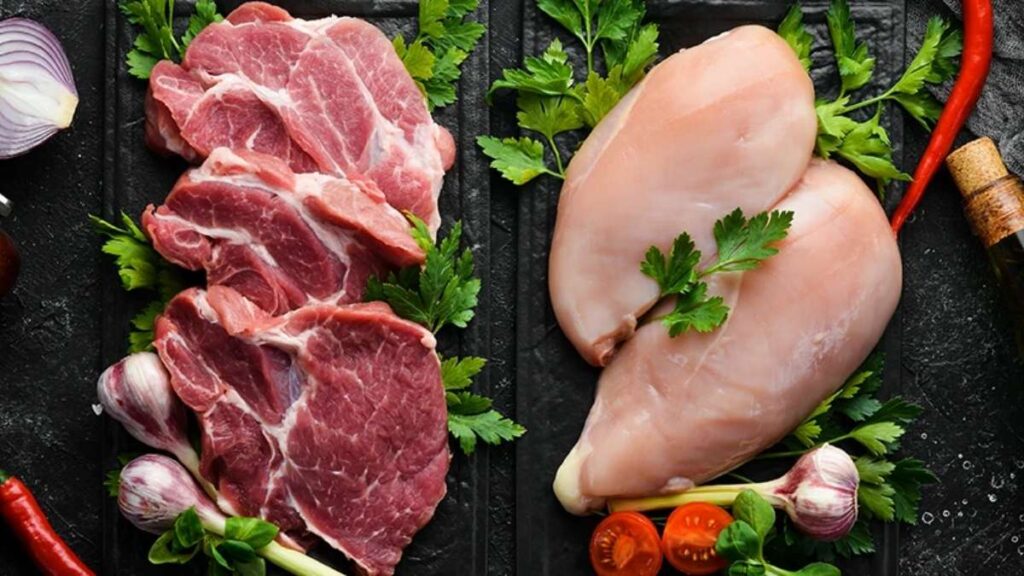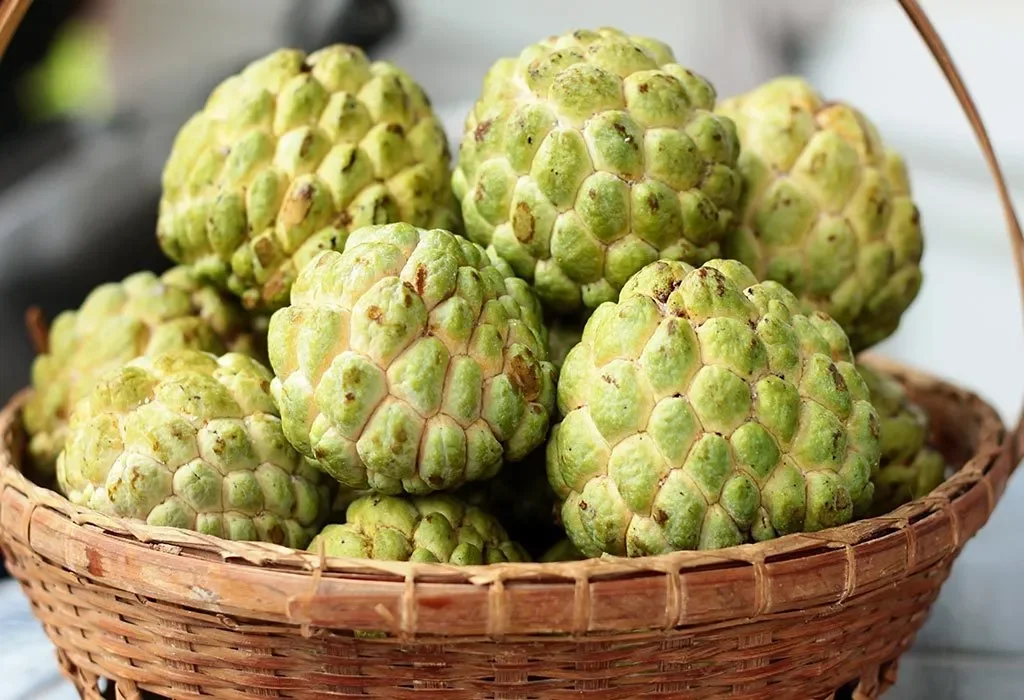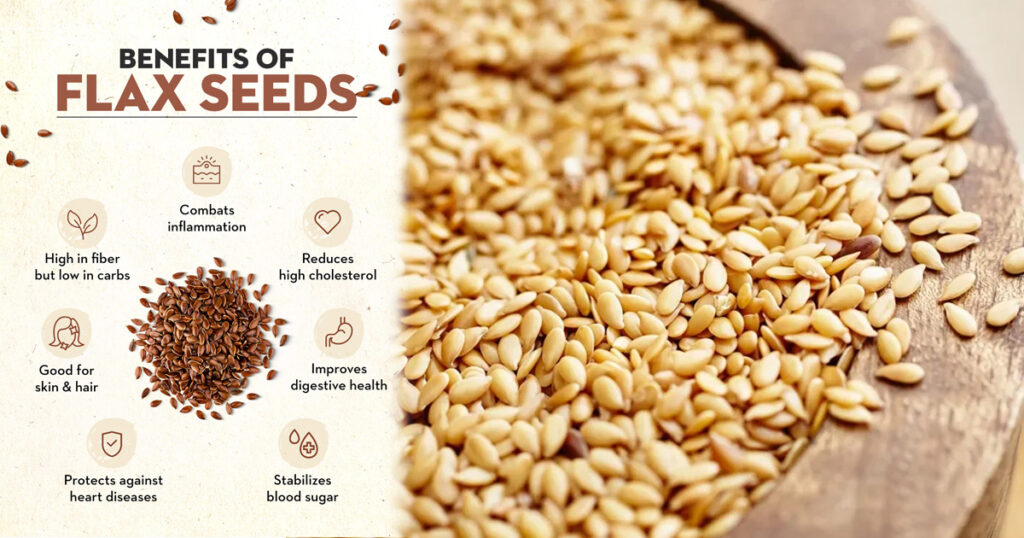Chicken and mutton (goat or lamb meat) are popular sources of animal protein around the world. Each has its own unique nutritional profile and health benefits. This comparison will delve into the nutritional values of chicken and mutton, highlighting their key differences and benefits.
Chicken Nutritional Values
A 100-gram serving of cooked chicken breast (skinless, boneless) typically contains:
- Calories: 165
- Protein: 31 grams
- Fat: 3.6 grams
- Saturated Fat: 1 gram
- Monounsaturated Fat: 1.2 grams
- Polyunsaturated Fat: 0.8 grams
- Cholesterol: 85 mg
- Carbohydrates: 0 grams
- Sodium: 74 mg
- Iron: 0.9 mg (5% of the Daily Value, DV)
- Magnesium: 27 mg (7% of the DV)
- Phosphorus: 210 mg (21% of the DV)
- Potassium: 256 mg (7% of the DV)
- Zinc: 1 mg (7% of the DV)
- Vitamin B6: 0.6 mg (30% of the DV)
- Vitamin B12: 0.3 mcg (5% of the DV)
- Niacin (Vitamin B3): 14.8 mg (74% of the DV)
Mutton Nutritional Values
A 100-gram serving of cooked mutton (goat meat) typically contains:
- Calories: 206
- Protein: 27 grams
- Fat: 9 grams
- Saturated Fat: 3 grams
- Monounsaturated Fat: 4 grams
- Polyunsaturated Fat: 0.7 grams
- Cholesterol: 75 mg
- Carbohydrates: 0 grams
- Sodium: 82 mg
- Iron: 3.7 mg (21% of the DV)
- Magnesium: 23 mg (6% of the DV)
- Phosphorus: 200 mg (20% of the DV)
- Potassium: 315 mg (9% of the DV)
- Zinc: 4 mg (27% of the DV)
- Vitamin B6: 0.2 mg (10% of the DV)
- Vitamin B12: 2.6 mcg (43% of the DV)
- Niacin (Vitamin B3): 6.5 mg (32% of the DV)
Comparison of Chicken and Mutton
Protein Content
- Chicken: High in protein with 31 grams per 100 grams, making it an excellent choice for muscle building and repair.
- Mutton: Also high in protein with 27 grams per 100 grams, but slightly lower than chicken.
Fat Content
- Chicken: Lower in fat with 3.6 grams per 100 grams, suitable for those on a low-fat diet.
- Mutton: Higher in fat with 9 grams per 100 grams, providing more flavor but higher in calories.
Cholesterol
- Chicken: Contains 85 mg of cholesterol per 100 grams.
- Mutton: Slightly lower cholesterol content with 75 mg per 100 grams.
Vitamins and Minerals
- Iron: Mutton is significantly higher in iron (3.7 mg) compared to chicken (0.9 mg), which is beneficial for preventing anemia.
- Zinc: Mutton has more zinc (4 mg) compared to chicken (1 mg), important for immune function.
- Vitamin B12: Mutton is much higher in Vitamin B12 (2.6 mcg) compared to chicken (0.3 mcg), essential for nerve function and red blood cell formation.
- Vitamin B6 and Niacin: Chicken is richer in Vitamin B6 and Niacin, important for energy metabolism and brain health.
Calories
- Chicken: Lower in calories (165 per 100 grams) compared to mutton.
- Mutton: Higher in calories (206 per 100 grams), which may be a consideration for those managing calorie intake.
Health Benefits
Chicken
- Lean Protein Source: Low in fat, high in protein.
- Heart Health: Lower in cholesterol and fat, beneficial for cardiovascular health.
- Weight Management: Fewer calories make it suitable for weight loss diets.
- Rich in B Vitamins: Supports metabolism and brain health.
Mutton
- Rich in Iron: Helps in preventing anemia.
- High in Zinc: Boosts immune system and aids in wound healing.
- Vitamin B12: Essential for nerve health and red blood cell formation.
- Saturated Fat: Provides energy and enhances the absorption of fat-soluble vitamins.
Conclusion
Both chicken and mutton have their unique nutritional benefits and can be part of a balanced diet. Chicken is ideal for those seeking a lower-fat, high-protein option, while mutton offers richer flavors and essential nutrients like iron and Vitamin B12. The choice between chicken and mutton can depend on individual dietary needs, health goals, and personal preferences.





